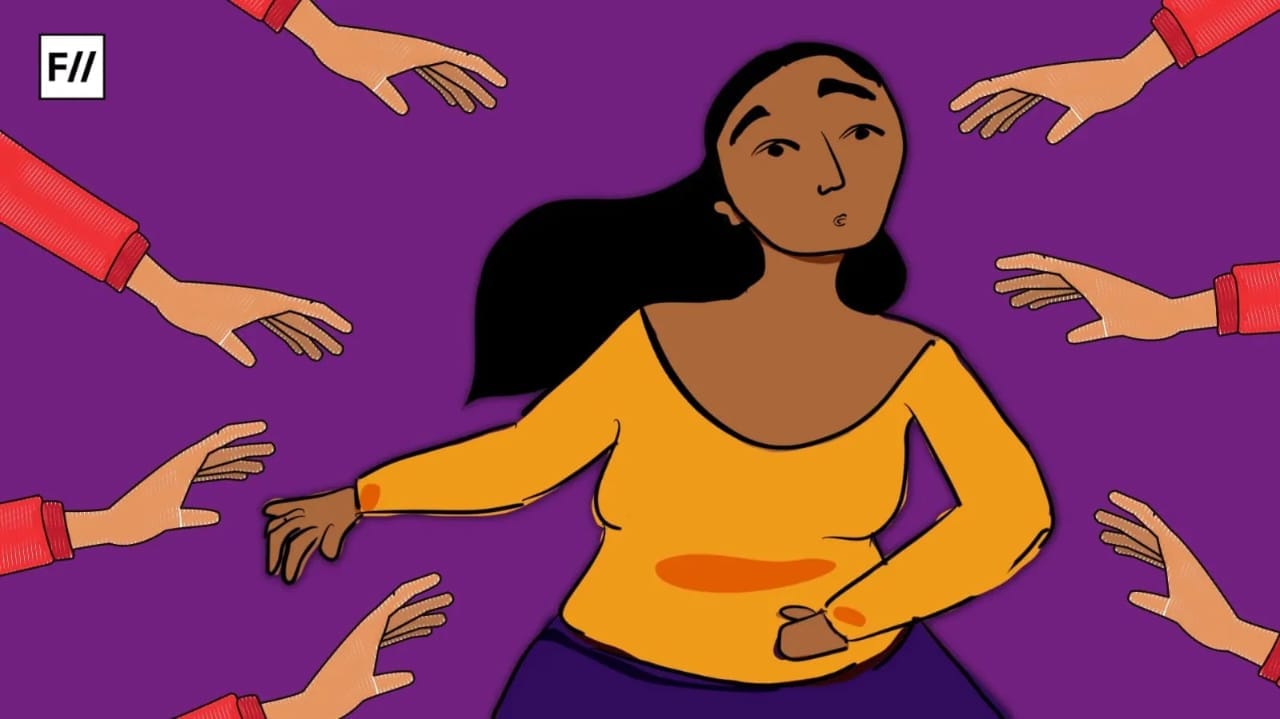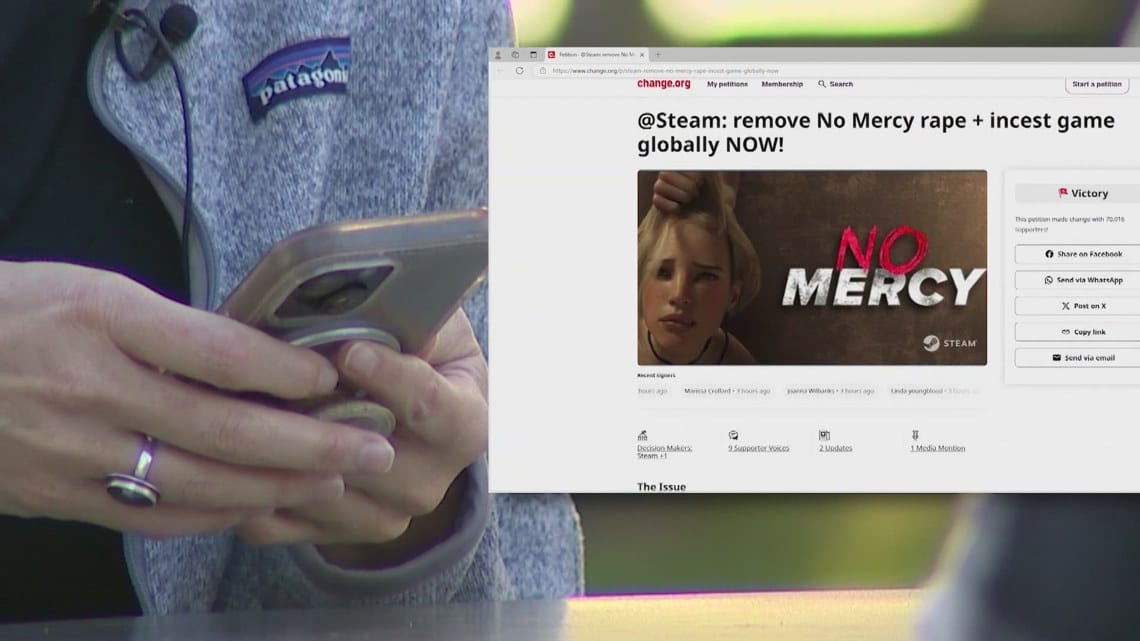Rani Salmani is a single mother who is raising her daughter and supporting women who are facing violence in her town Purkazi in Muzaffarnagar district. She speaks confidently and questions the patriarchal norms in her area. But today’s Rani is not the same as she was a decade ago.
Rani was born in Purkazi town in Muzaffarnagar district of Uttar Pradesh. The sex ratio in Purkazi is 876 which lower than the state of UP and with a female literacy rate of 58.69 per cent. With poor economic conditions coupled with a patriarchal society, Rani never got the chance to attend school during her childhood. Her father was a street vendor in the local market. She was raised with 5 other sisters and 2 brothers in Purkazi. She always dreamt of going to school but was told to do household work and stay at home, while her brother did go to school till upper primary.
She was forcefully married at the age of 16 in the year 2004 with a much older man. Without knowing, for an young Rani Salmani life changed suddenly. Now she was a wife and daughter-in-law who was totally unaware of the future ahead. After a few days of her marriage, she was first abused verbally by her husband. This continued regularly, and then her husband started beating her. Rani was in deep introspection as to why she was being beaten and what wrong she had done. She was tolerating it quietly as she thought of her family, especially her father. She was also taught to stay quiet from her childhood and it was normalised that men inflict violence and women must cope-up with it. The violence against Rani was increasing in many forms—verbally, physically, mentally, and sexually.
With poor economic conditions coupled with a patriarchal society, Rani never got the chance to attend school during her childhood. Her father was a street vendor in the local market. She was raised with 5 other sisters and 2 brothers in Purkazi.
After one year of her marriage, she was pregnant and soon after she had a miscarriage. The blame of the miscarriage was put on her by her in-laws and husband. Things were getting worse. After some time, she came back to her home. At that time, she was two months pregnant. Her in-laws’s family informed that Rani’s husband gave her divorce. She was shattered and did not know what to do. Her brother held her culprit and put all blame on her. He even tried to attack her.
Rani’s Journey Towards Empowerment
She was all alone and struggling with a baby in her womb. She heard from somewhere that there is an office in Purkazi which helps women like her. The office was of Astitwa which works for the rights of women and fights against patriarchal norms in society. She started attending the meetings of Astitwa, in her initial days. After a few days, she met Rehana, the founder of Astitwa, who guided her about how to take her rights. This was not accepted by her husband and his family. In 2008, she was attacked by them while going to the city. They berated her badly and left her body near the highway.
Further her brother was also not happy with her, as she was working for the rights of women. One day, he had come to beat her. But that day she stopped her brother and told him that he doesn’t have any right to hit her. She also threatened to go to the police.
Recently, one family stopped their daughter from going to school. When Rani Salmani got to know about this, she went to meet the family. She got to know that the girl’s father was not in favour of sending their daughter to school. But she talked to them and explained them why it is important to send daughters to school.
By that time, Rani Salmani was oriented about her rights and the patriarchal practices. All these incidents made her think about why women face this. It was 2008 when Rani decided to break the shackles of patriarchy and chose to live with dignity. She removed the burqa as a sign of protest. From that day, she decided that she was not going to look back.
Also read: Can The Media Stop Centering Queer Women’s Stories Only Around Tragedy?
After that, Rani decided to study and she enrolled herself in school. Simultaneously, she joined Astitwa and started going regularly to the meetings for many years. She used to study at night and work in the day. She studied till highschool and educated herself. She started maintaining a diary where she started pasting newspaper cuttings and other office work at Astitwa.
Also, she was raising her daughter and doing some jobs to earn money. Although things were not that smooth, as people in her society had objection with her for going to the meetings. People made remarks and put pressure on her family, especially her father to stop her from going to work. But Rani didn’t stop and with each discussion at her work, she was growing stronger. Many women like her came to the Astitwa office, and she began helping them by taking their cases to the police station. She told them to not stay silent.
She is now sending her daughter to school and giving her all the facilities in her capacity to make her daughter educated which she couldn’t as a child. She is a trainer now and gives counselling to women. Also, she is creating awareness towards girl education by talking to families to send their daughter for schooling.
Recently, one family stopped their daughter from going to school. When Rani Salmani got to know about this, she went to meet the family. She got to know that the girl’s father was not in favour of sending their daughter to school. But she talked to them and explained them why it is important to send daughters to school. She convinced them and now the girl is going to her school. She is also a member in Sanghas of Nari Adalat, where women shared their problems and pains and voiced their concerns.
Also read: 7 Books That Support Us Like Positive Female Friendships
Rajat is working on governance issues in Rajasthan. He is interested in welfare policies, local democracy and inclusive governance. He has previously worked on gender issues in western Uttar Pradesh. He has studied Development (with Law and Governance specialisation) from Azim Premji University, and journalism from Delhi University. You can find him on Twitter.




